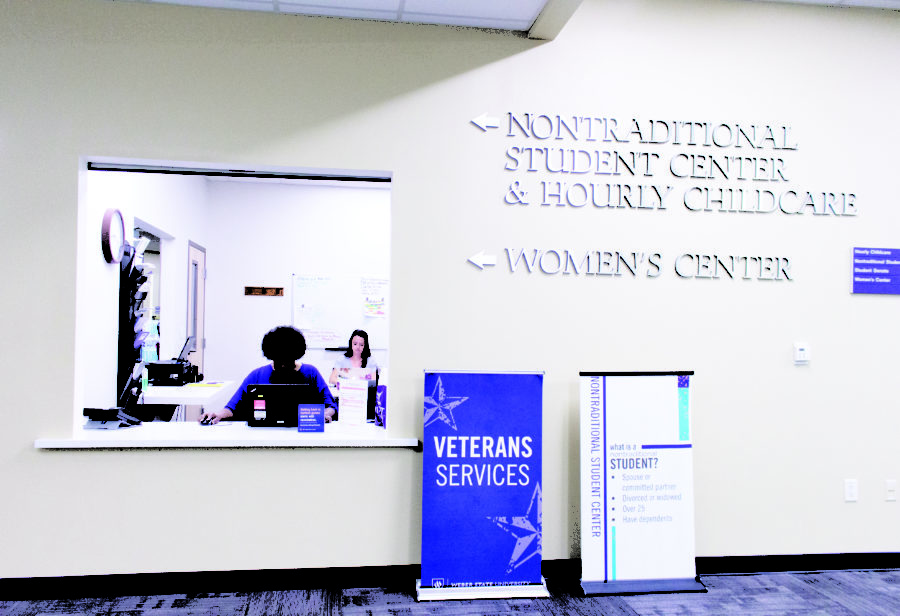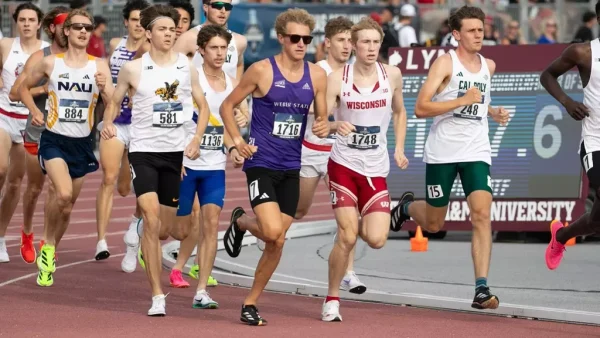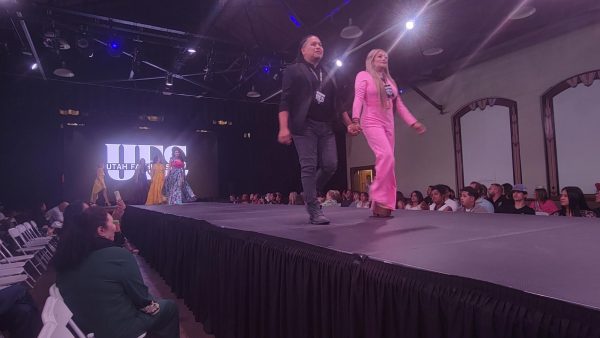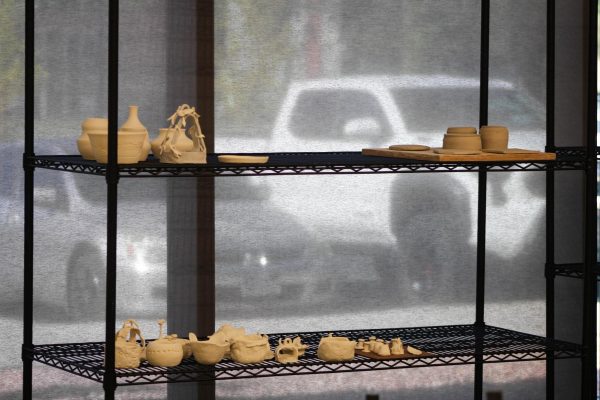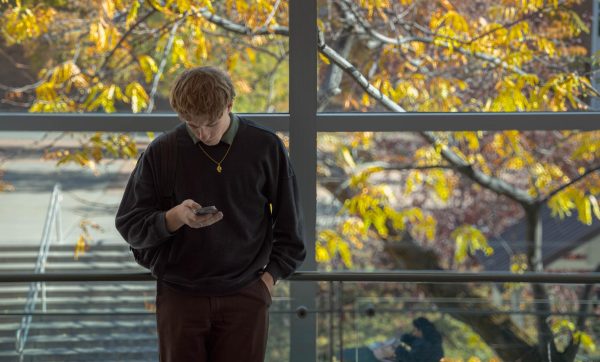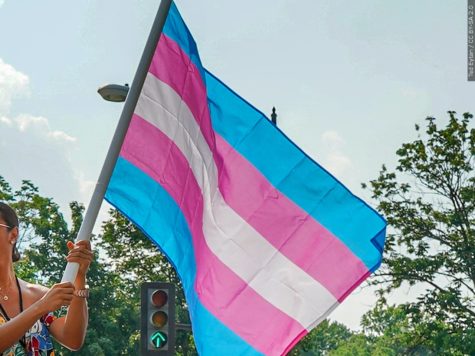OPINION: Life as a nontraditional student
Anna Hobbs and Trisha Beckstead working on Nontraditional Student files. Taken Aug. 2021.
“It is never too late” is something we hear often throughout our lives. It can be about accomplishing our dreams, trying new hobbies or even attending college. As a nontraditional student, it is a sentence that has more meaning to me with every passing day.
What is a nontraditional student? It is defined by Weber State University’s Nontraditional Student Center as being a student over 25, having a spouse or committed partner, being divorced or widowed, and/or having children.
I graduated from high school in 2003 from Northridge High School. School was tough for me during high school, as I live and struggle with Attention Deficit Hyperactive Disorder and Nonverbal Learning Disorder. I didn’t think I could succeed in school, nor did I think it was in my future to go to college. I didn’t have a strong support system for school either, so I just pressed on with work.
It wasn’t until I married my wife, who is an academic advisor at Weber State, that I saw an actual future for myself. But the question lingered in my mind: Am I too old for college? As someone in their mid-30s, it was a real concern.
I am here to tell you that you are never too old for college. There are many resources for the nontraditional students who may be unfamiliar with or concerned about their success as a college student. While many of us struggled due to lack of resources in high school, college provides opportunities to succeed despite personal struggles.
A resource that has been favorable to me is the Melba S. Lehner Children’s School, which provides child care and education for the children of WSU students, faculty and staff. As a full time nontraditional student, this has been a boon for me and my wife.
The staff and teachers are wonderful to work with. As an English Major, I spend my time in Elizabeth Hall, so if one or both of my children are sick or have problems, I am only a text or phone call away and can be there in a moment’s notice.
Another resource that has been great is the study spaces found in the Stewart Library. Because of outside responsibilities, it isn’t possible for me to find time to study or work on homework at my home, so finding study spaces is life or death for me. It gives me the ability to focus on my school work.
What does being a nontraditional student look like? Well, I wake up in the morning, have breakfast, and not only get the things I need for my school day, but also help my wife and my children get ready for the day. I wake up at 5:30 a.m. and am out the door before 7:15 (if the children cooperate).
On some days, I work at the Elizabeth Hall and Tracy Hall computer labs as a lab assistant. Luckily, those shifts work around my class schedule. My supervisors have been gracious with my unique schedule. My teachers have also been gracious when I am not able to complete assignments or make deadlines.
After the day is over at 4 p.m., it is time to get my children from school, go home and do all the things that need to be done at home. It can be hectic and involves a lot of sacrifice.
However, the hard work and sacrifice is about to pay off as I am graduating this year with my associate’s and bachelor’s degrees. It’s never too late. You can go to school despite being over 30 and all the responsibilities that you have in your life.
The Nontraditional Student Center is an available center on campus for those who may be struggling with navigating college as a nontraditional student. Their website states that 56% of students at Weber State are considered nontraditional, so reach out to find accommodations if you need them!
Editor’s note: This story has been updated to correct the time of graduation of the columnist.


